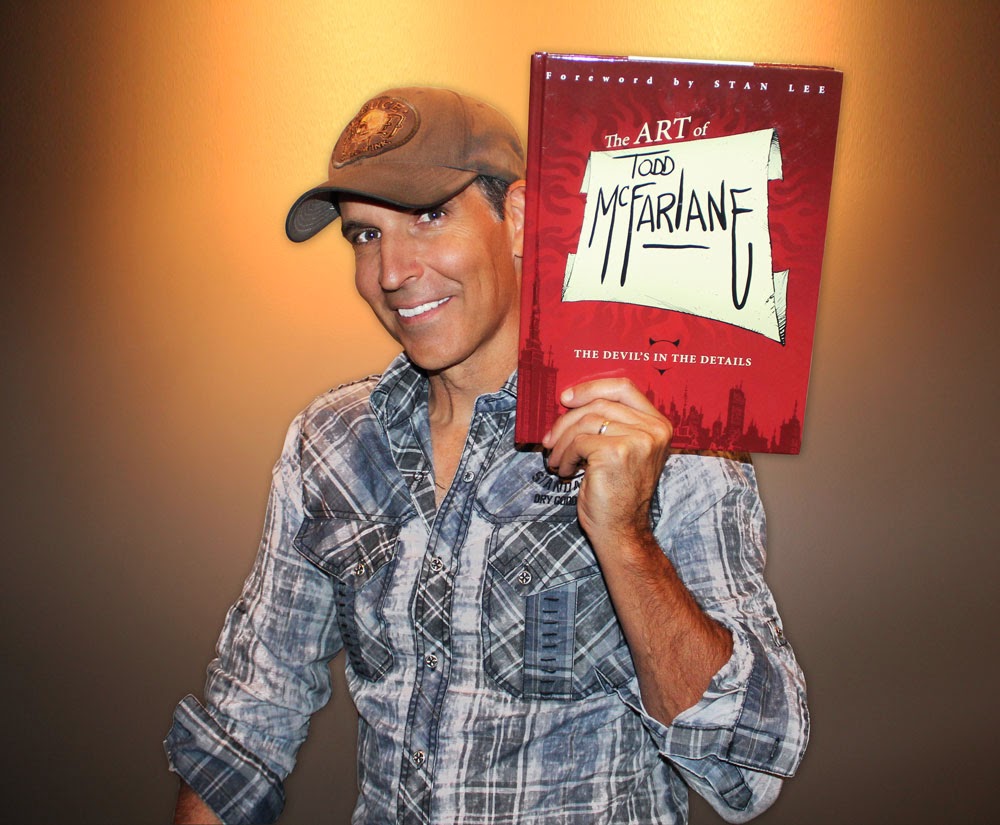 |
| Interview conducted by Rick Laprade |
Todd McFarlane is my hero. Since I was a little kid reading comics, McFarlane was and always has been “the guy.” His art and story lines were leaps and bounds ahead of the pack and what he and his co-founders of Image did to the industry was like what Hogan and The Outsiders did with the NWO – they forced everyone to fight to be Number 2.
When I was approached with the opportunity to interview him I thought someone was playing a cruel joke. When I found out it was legit, I resisted the urge to pee myself and spontaneously combust. I don’t get star-struck, but goddammit, this was my Mecca.
The Super Bowl being in New York made travel a nightmare. Todd was signing at Toys R Us (I couldn’t make the R backwards, but I tried) so I had to trek through seas of people attempting to photograph a piece of metal (the game trophy) and also David Beckham, who was apparently signing underwear at H&M. It was all well worth it.
What I had was a life-changing experience; less of an interview, more of student getting a one-on-one with a professor you’ve admired the better part of your life.
FOG!: OK, so I have a couple questions for myself, my editor had a few as well. I’m gonna ask the ones that I’m personally dying to know first, cause I kinda care more about those, selfishly.
Todd McFarlane: AHHH. That’s the spirit! Forget the editor!
My first actual, non-stuttering question, I personally haven’t read much Spider-Man, with the exception of Back In Black, because your runs are my personal favorites of all time. The original self titled Spider-Man line, the early Venom stuff, I just wanted get your take on the creative direction of Spider-Man over the last few years.
From a comic book point of view, I haven’t really kept touch with it. In a way, in 1992 when Image formed itself and started coming out with the books, I sort of got tunnel vision in what we were doing. I know some of my partners were keeping track of the competitors quote-un-quote, but I just put my head down and started doing the comic books, I mean #240 (Spawn) is just coming out, so, you can’t do that much work and get distracted, which I do with family, and traveling, and other things, so, at the point that I came in, I can speak to that.
At the point I came in it was an opportune time because at that point the big selling books were like the X-Men and the mutant books, and everybody wanted to do mutant stuff, and so I thought that would be the easy way, you know? Riding the fast horse, you know, big deal. But you know, as a competitor, I mean, I played PAC 10 baseball, I’m a competitive guy, I never wanted to be on the best team. I wanted to be on the fourth best team and take down the best team.
So the editors at Marvel saw that I could do more work, I could more than just the Hulk, I was getting faster and the y were going, “yeah, yeah, yeah, you gotta talk to all the editors – but don’t go and talk to the Spider-Man office because it’s a mess.” So being the immature guy that I was, I made a beeline to Spider-Man, and what I found was nobody was really staying on the book.
They had the three books at that point, Amazing, Spectacular, and Web. And they were just looking for someone to just come in and hang around for a while. So I’ve always told people, you know, artistically, you never want to be the guy to follow John Byrne on X-Men, you don’t want to follow Frank Miller on Daredevil, you don’t want to be THAT GUY.
You don’t want to follow children and dogs on the stage. It’s tough. So although he was their icon character he was floundering and they were just going, “do whatever you guys want to do because it’s not working, whatever we’re doing.”
So they gave us a big swath to just do whatever we wanted so artistically I was going, “cool,” you know, they weren’t saying, “you gotta draw it exactly like the last guy” which if it were John Byrne, Frank Miller, or Jim Lee they might have said that.
So, I was just basically allowed to just go in and start messing with it. And when they finally caught on that I was in there messing with it more than they liked, sales were up, so it was hard for them to then go, “we don’t quite like it ourselves but it’s selling books, so who are we to argue with what the fan base wants.” So, I was able to entertain myself first, and luckily the fans supported that and I was able to just have a good time.
Look, the loneliest spot, as you know as a writer, is locking yourself alone in a room with your thoughts and those are ten-hour days. The first thing I do when I walk in the room is go, “I gotta draw something that’s entertaining me” because if I’m bored it’s gonna show on paper. So all the changes to Spider-Man I made were just predicated on that.
In a nutshell, the change that I made was that I felt that the character was Spider-Man with an emphasis on MAN, and when I jumped on it I did Spider-Man emphasis on the Spider. I though the creepy-crawly part was way cooler than the man part.
I agree with you 10,000%. I love your runs, honestly. Moving on from Spider-Man…Image Comics revolutionized the creator owned books, and personally, as someone who’s trying to break into the industry, it was the most inspirational event I can remember. I’m just hoping you can speak to that a little, or if you have any advice, not just for me but for anyone who’s reading this.
Let’s look at it. 1992, we start Image Comics. We come out with the best deal on the planet. Come publish your book for us, we own nothing. It’s yours, lock stock and barrel. All that we do is help facilitate getting the book out and we take a little bit of an overhead on that. You wanna go do toys, or movies, or TV, that’s your deal. It was unprecedented, that kind of a deal.
Fast-forward now, we’re over 20 years at our company, it’s still – forget comic books – in entertainment, it’s still an unprecedented deal.
You basically get to keep everything and we facilitate it. I guess to a certain extent iTunes does it, here play your music and they play your music but they take a 30% cut. We just want a little bit just to cover our nut. The things that’s always amazed me is why any person doing creator owned books doesn’t submit to us first and then take all the lesser deals second – cause you’re only going downhill from that. It’s weird, I’ll run into creative people and they’ll go, “no, no, no, I’m going to this company or that company” and I’ll go, “wow” they actually want ownership stake, they’re taking part of your baby away from you.
It’s a weird thing I never quite figured out, you know as an artists I’m neurotic myself, but I’m biased, I’m an artist, but the success of what we started had to be there from an artist point of view just by the sheer task of drawing a page a day, we can only, most artists can only do one book a month. So when you leave your one book, you go to another book, you’re basically taking your entire talent pool with you. I don’t really think anyone cared about Spawn when I first started it, they were like, “oh, it’s that Spider-Man artist, we’ll follow him to where he’s at. I don’t care what team he’s playing for now, I just like his artwork.” I mean, Michael Jordan got traded to the Wizards; if you’re a Michael Jordan fan you follow him.
The problem was, they tried at that time, and you know we got a lot of bad press from the writers going, “you guys don’t know how to write, you’re just a bunch of ego artists.” It had to be that way. We shut the spigot off to the left and turned it on to the right, which is called Image Comics. The failure of the writers back then and to some extent a failure of the writers today is that if you do four books. And you are not willing to shut those down to go and do your own creator-owned book, and then you’re basically allowing people to rank your book. You’re doing Spider-Man, Batman, Superman, and your independent book and someone only has x amount of dollars in their pockets, they’re gonna start with the big names first.
So they’re gonna go, “I get that you’re a famous writer, but I’m getting famous writer doing Spider-Man, and then I’m gonna go get my other characters, and The Walking Dead, and then if I have any money left, maybe I’ll get to your independent book.” And we kept telling writers, shut it off.
Go and do your two or three books independently, and you’ll force them, just like we did with our art, to come to our titles because they like what we did. But they wouldn’t do that, so the reason that years later we ended up making Robert Kirkman a partner, the first writer, was because he did that without us even nudging him. He figured it out on his own that, “if I don’t give them mutant books, and I don’t give them Batman and Superman they’ll have to buy these goofy titles and new characters I keep coming up with in my brain.” And one of them eventually catches on and The Walking Dead goes crazy.
So to the cynics who day, “Todd, 92/93 we’re never going to be able to replicate what you and Mark, and what Jim Lee did.” Um, OK. Don’t replicate it. But there’s this kid named Robert Kirkman who came along 15 years later and he was able to hit lightning. I think you guys are disqualifying yourselves unnecessarily that the opportunities are there. But if you never actually, basically make the attempt, or you keep spreading your talent, you’re never going to tunnel vision people into something that might grow into something as big as The Walking Dead.
Internet rumors say that you could be directing a Spawn movie or there might be a re-hash of the HBO Spawn series. Can you tell me anything about that?
Yeah. The script’s about half done, between all the work I do and coaching baseball has been eating me up, but I just shut my baseball team down so I got time to finish it up. My goal was to finish it at the end of Christmas but I had four tournaments. But yeah, I won’t let it go until it’s done, and I’m gonna direct it, and I got actors waiting, big, BIG actors waiting for it, so then at that point it’ll be easy to get the animation going again. Then the toys come back and we start revving it all up again.
When you launched the toy line, the sculpts and attention to detail were, and still are, above all the rest and really forces the industry to play catch-up. Are there any dream licenses for McFarlane toys?
  |
| McFarlane Toys’ new Joe Namith figure |
The dream that I have is that the world would shift, one day I wake up and it works like this: That no matter what toy line by Hasbro or Mattel or one of the other companies, that the contract would say you have an exclusive, through time and space and whatever, but the contract states that McFarlane toys gets to do one figure.
Then I get to do my one Batman, Spider-Man, and I can do all those figures but just one. Just to show them, just to tease them and show them that if I did it this is what they’d all look like.
And that’s it. Just gimme one. Just gimme one and then I’m done.
But, the name Todd only rhymes with God so it’s not gonna happen.
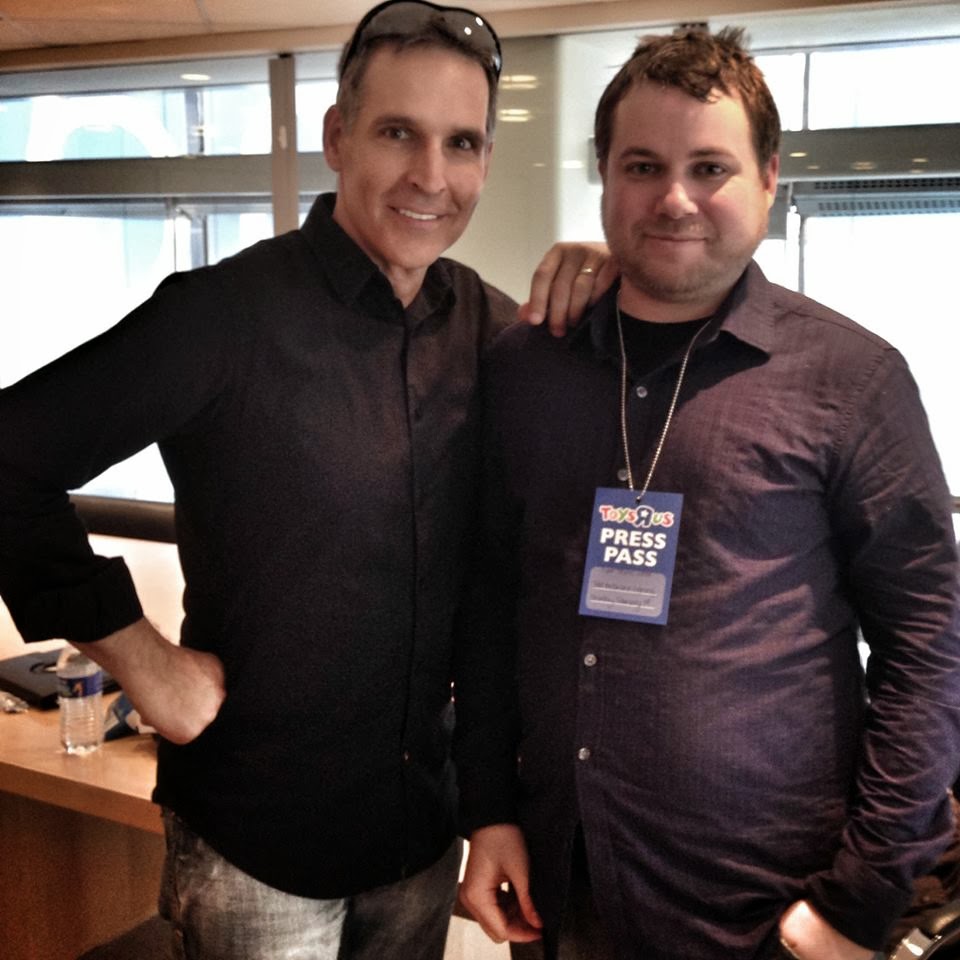  |
||
| Mr. McFarlane and the author |







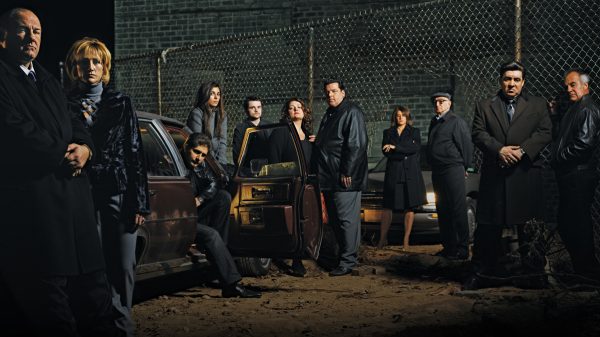
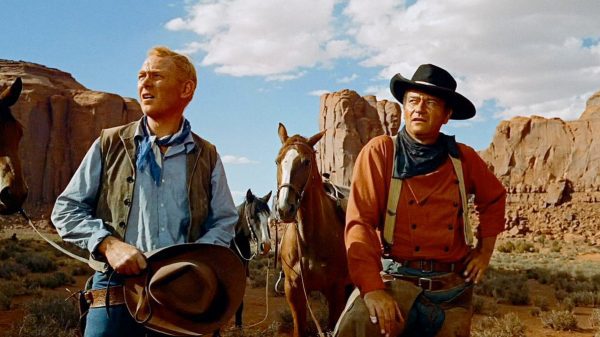


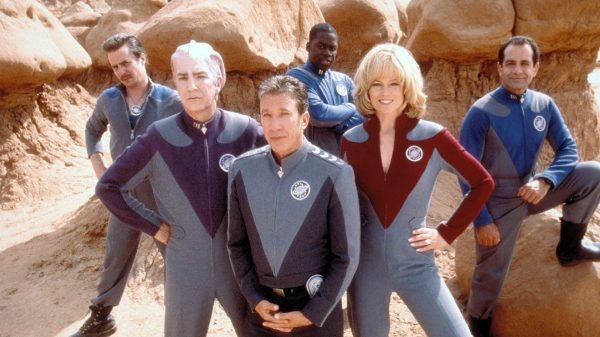
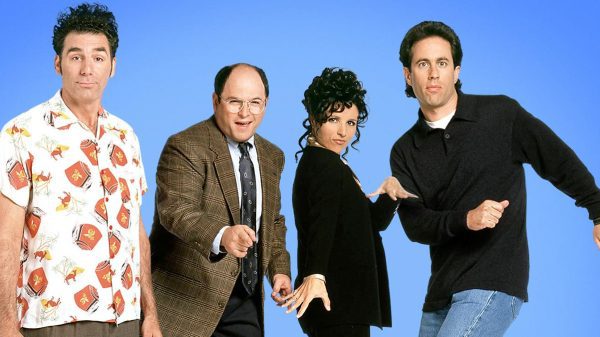


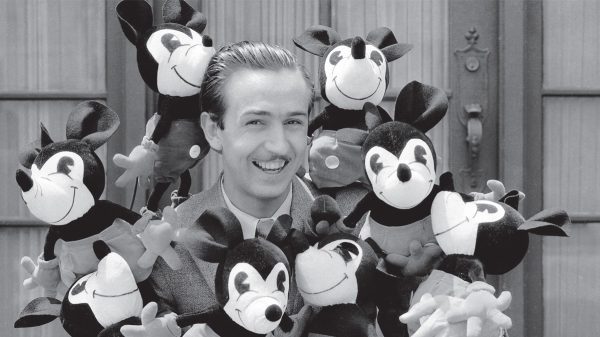


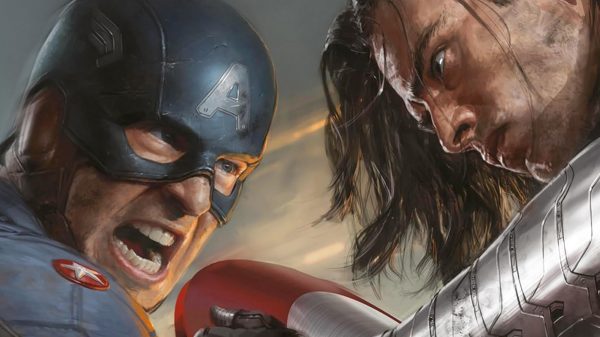




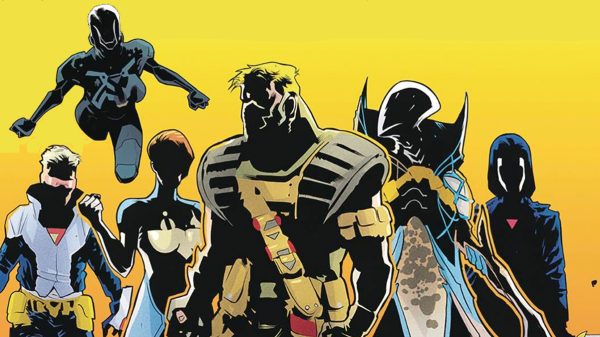
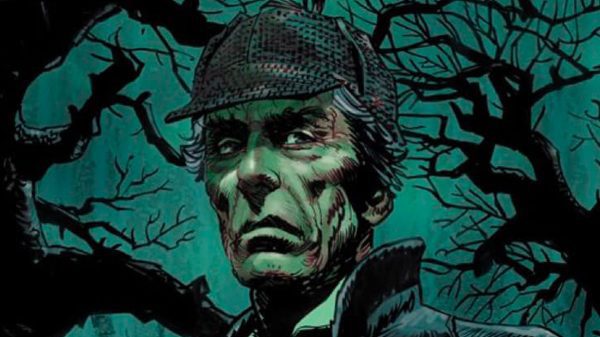
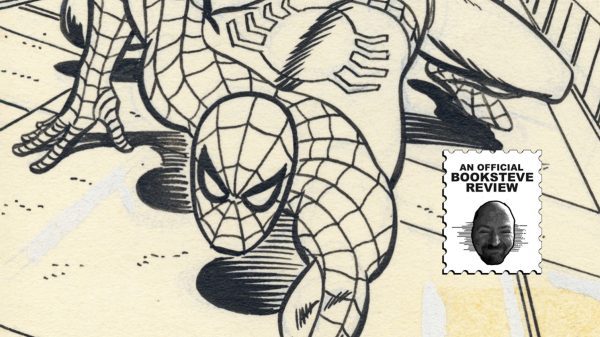
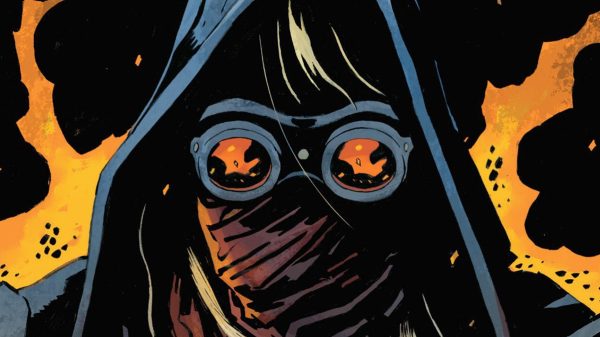





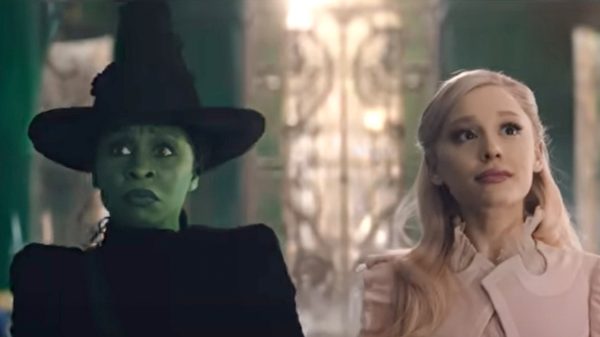
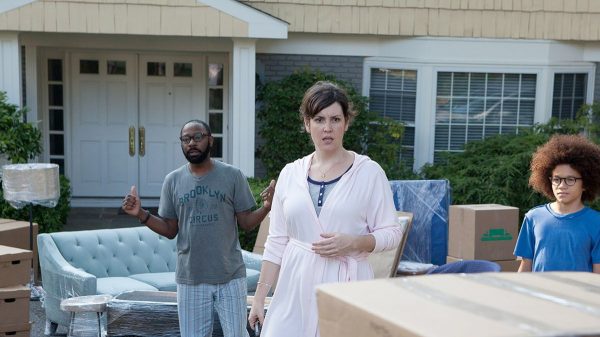
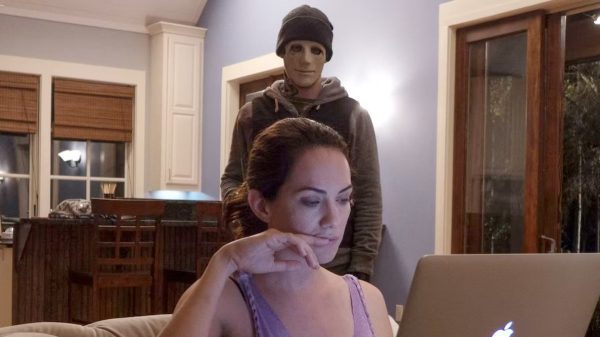












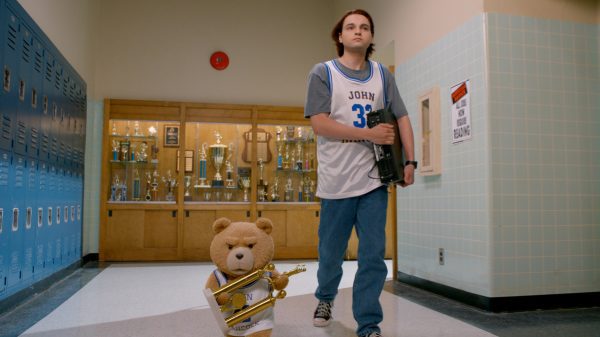
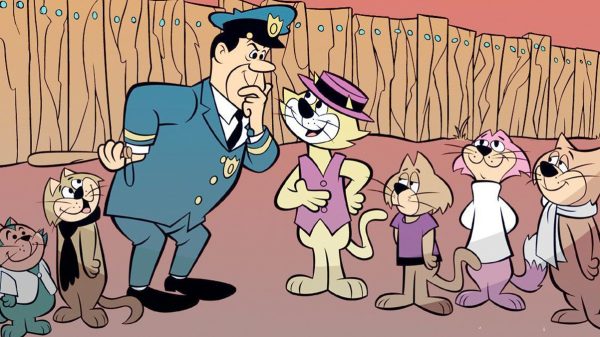
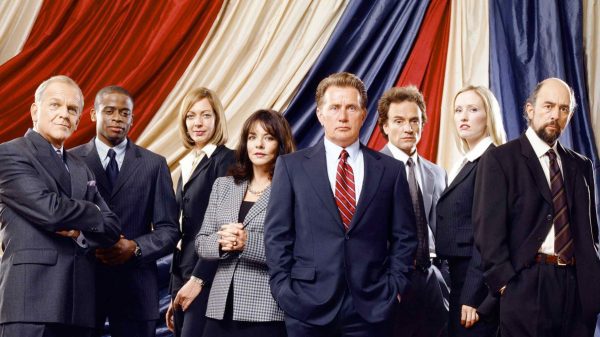
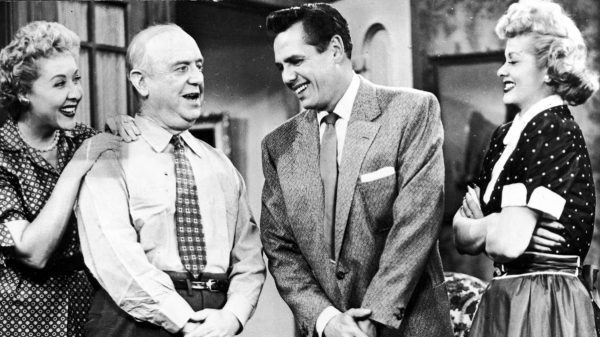
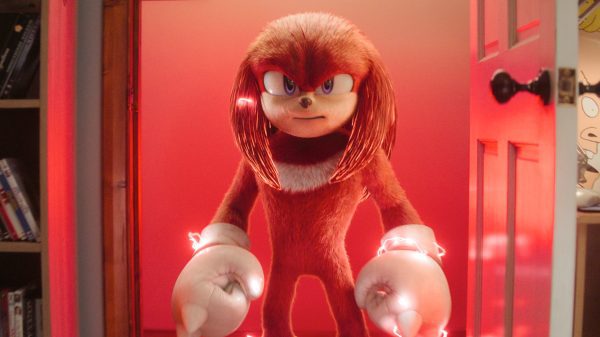


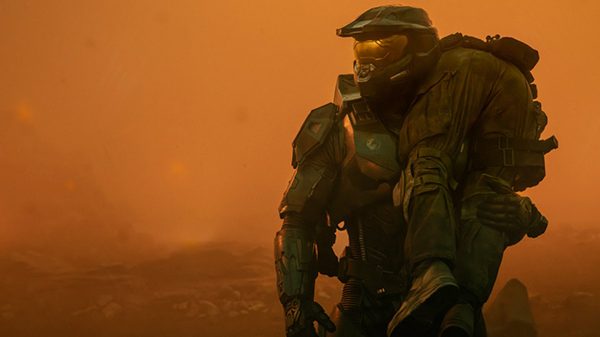
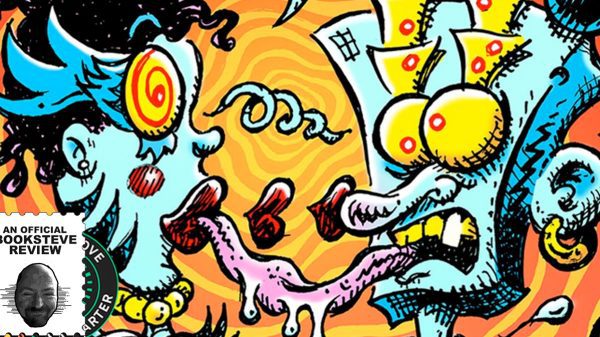

































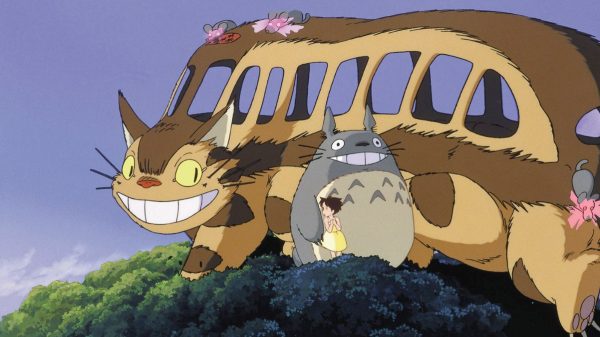
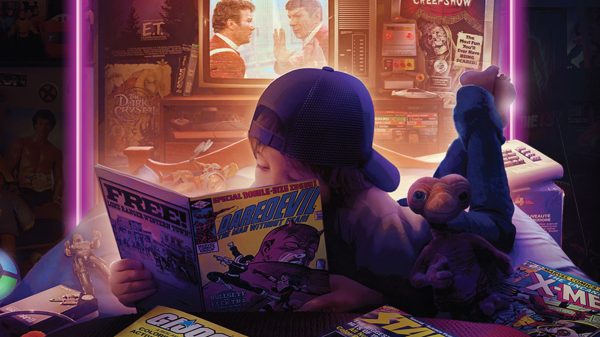
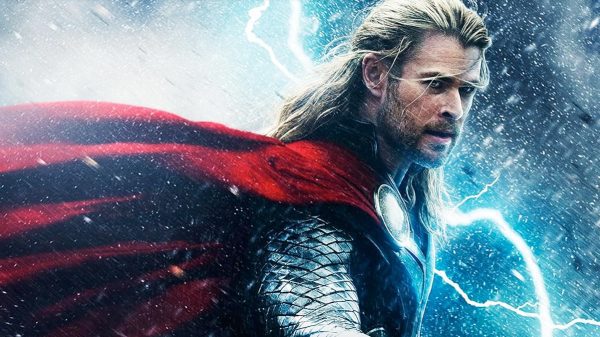

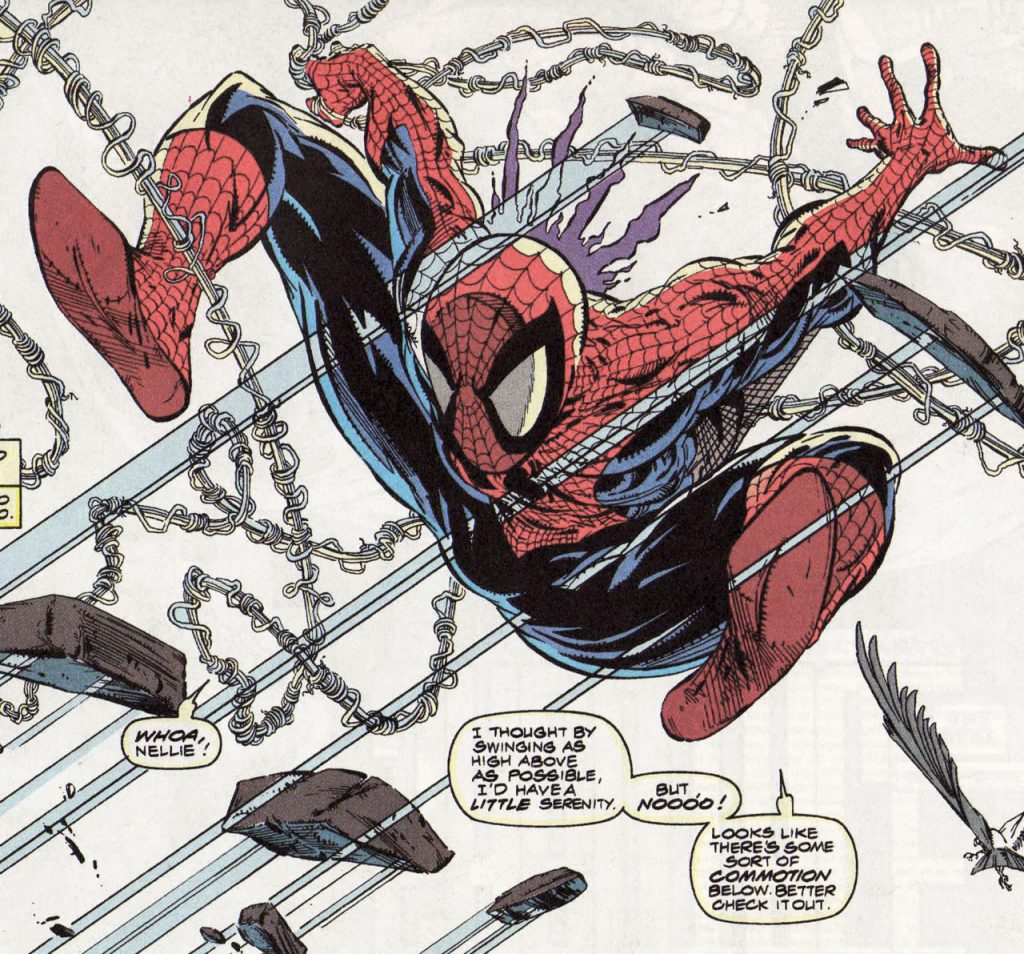
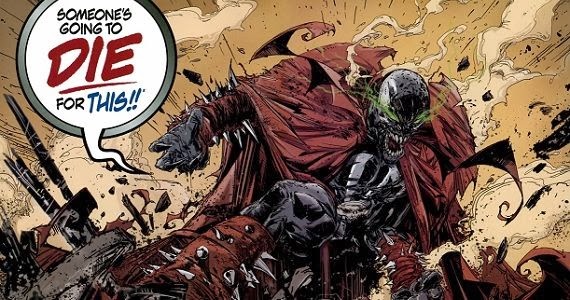








You must be logged in to post a comment Login